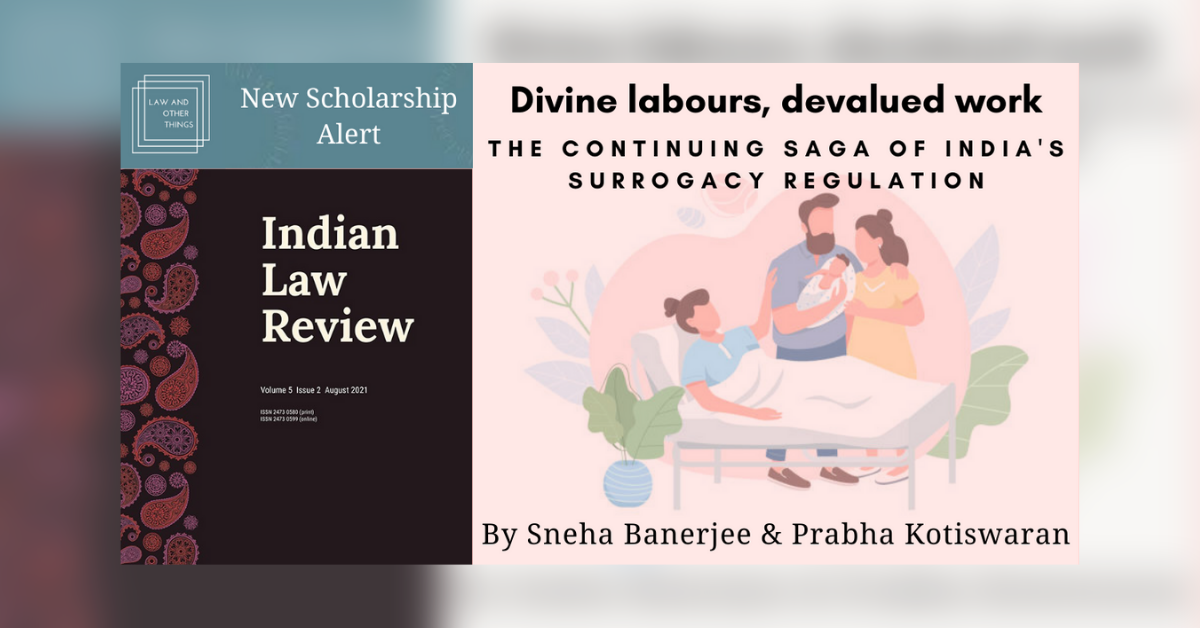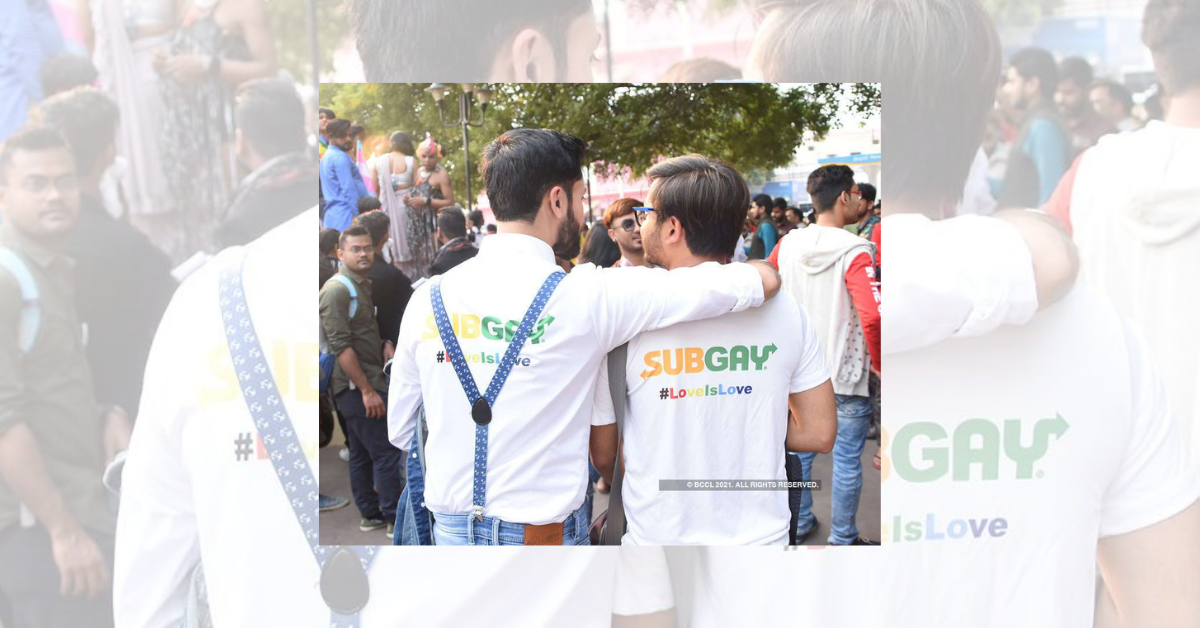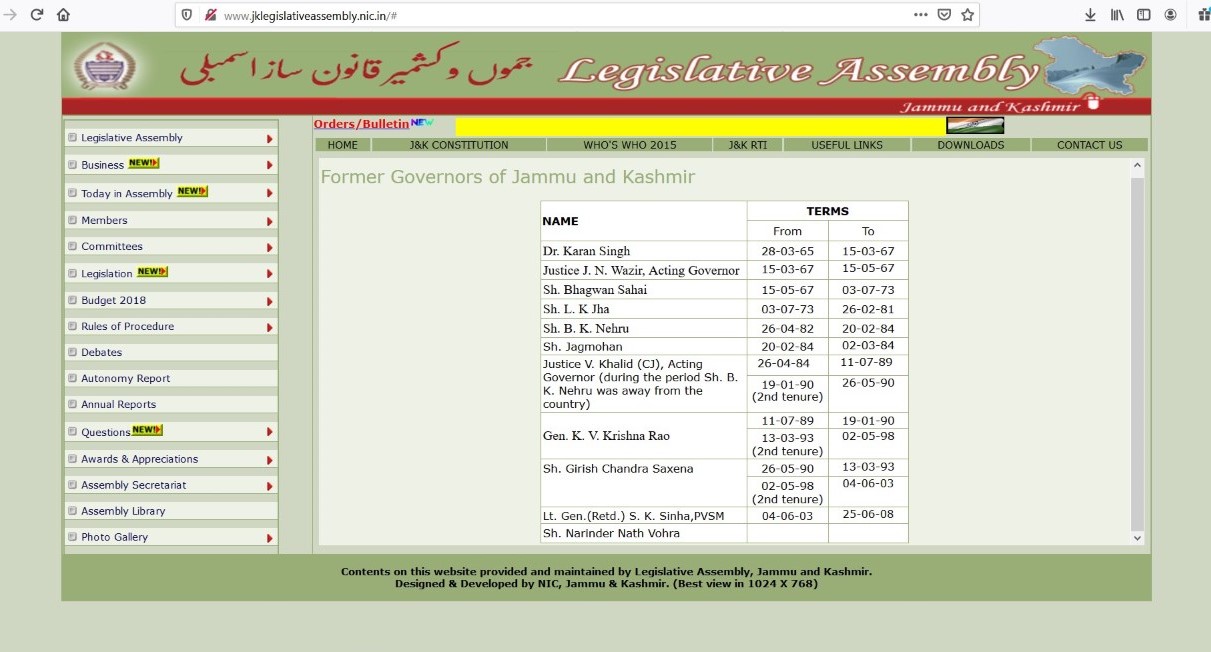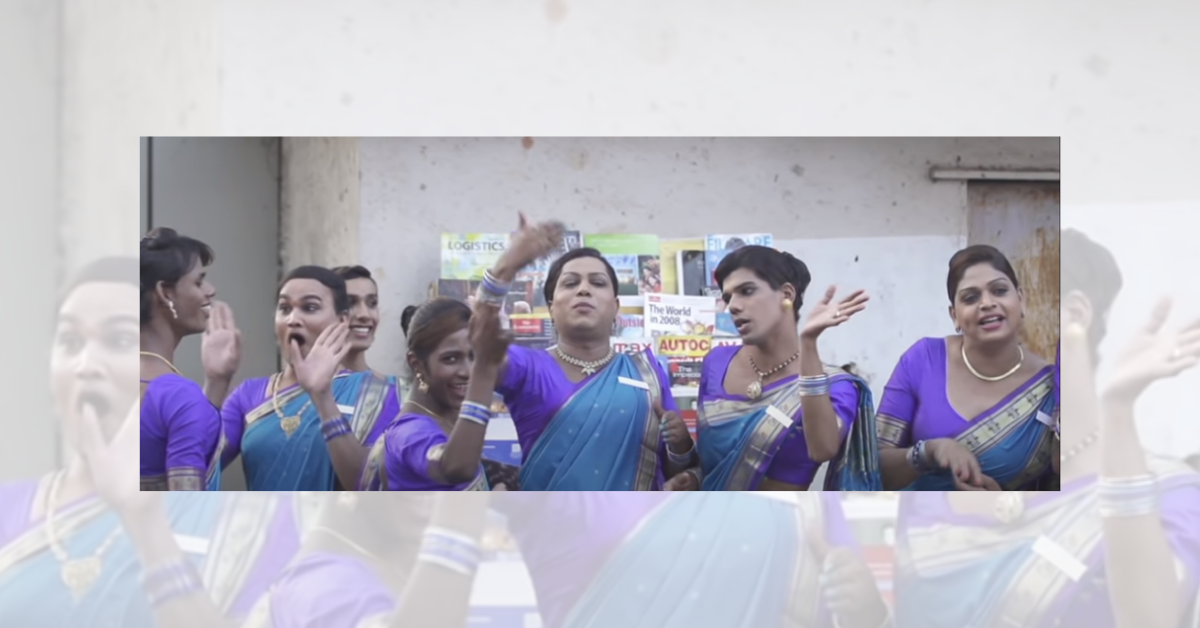[Ed Note: As part of our New Scholarship section, we have been inviting discussants to respond to the public law themed articles featured in Volume 5 the Indian Law Review. You can access all the...
[Ed Note: Over the next few days, we shall be discussing Danish Sheikh’s new book, Love and Reparation: A Theatrical Response to the Section 377 Litigation in India (Seagull Books, 2021). This is the...
Summary- This article critiques the decision of the Supreme Court in Amit Sahni v. Commission of India (2020), regarding the constitutionality of protests in public sites. The authors argue the...
[Ed Note: In this post, our analyst Mrityunjoy Roy, writes about Gujarat High Court’s decision holding the petition challenging the Gujarat Prohibition Act, 1949 maintainable as part of the...
[Ed Note: Over the next few days, we shall be discussing Danish Sheikh’s new book, Love and Reparation: A Theatrical Response to the Section 377 Litigation in India (Seagull Books, 2021). This is the...
In part II of this two-part series, the author delves into the question of how granting of sexuality rights is underlined by neoliberalism.
The Debates of the Indian Constituent Assembly are considered an important interpretative tool for Indian constitutional law jurisprudence. However, for Jammu and Kashmir (“J&K”), the...
In part 1 of this two-part series, the author analyses the flipside of the affirmation of sexuality rights, through an analysis of pictures depicting the performance of these rights.
[Ed Note: Over the next few weeks, we will run a book discussion on Danish Sheikh’s Love and Reparation: A Theatrical Response to Section 377 in India. This is the introductory post by Douglas...
In this piece, the author makes an attempt to remind the readers about the absence of cultural dissent in the landmark Hindutva decisions and the academic scholarship built upon it.








